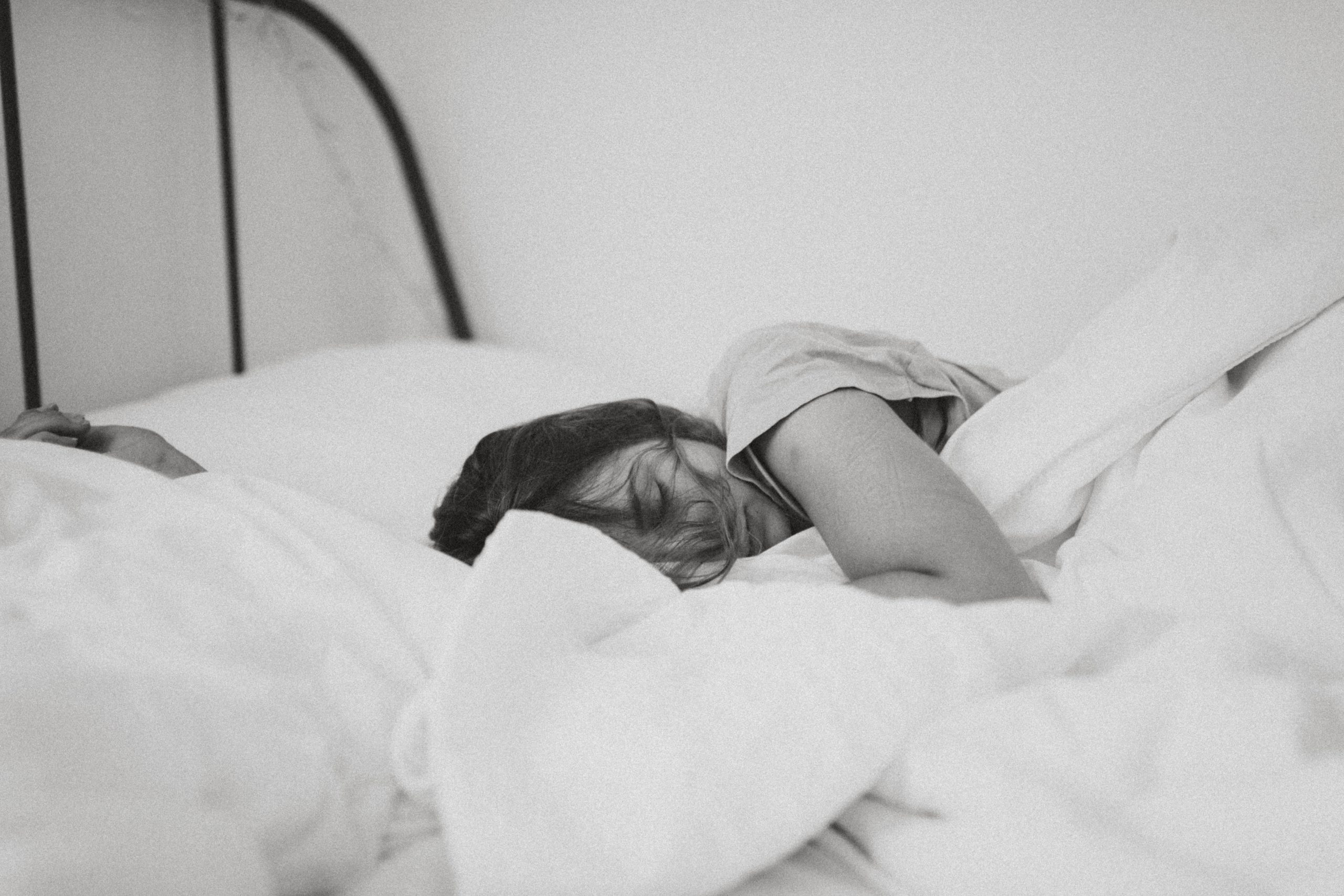Most of us will have heard at some point during our lives that sleep is really important for our wellbeing and physical health as well as for our mental health. But what is actually the relationship between sleep and mental health?
There is indeed a close relationship between sleep and mental health, as often many people who experience mental health problems also experience sleep problems.
Mental health problems can have an impact on sleep in many different ways. For example:
• Stress and anxiety can cause you to have thoughts racing through your mind, making it difficult for you to sleep. Anxiety can lead to having nightmares, sleep paralysis and sleep walking. If you have sleep problems over a long period of time, you may also develop anxiety or phobias around going to sleep. These can make it harder to fall asleep, known as insomnia, or make existing insomnia worse.
• Depression can mean that you find it very difficult to face your day-to-day life and responsibilities, and you may find yourself sleeping more in order to avoid dealing with things. This can lead to oversleeping – either sleeping late in the morning or a lot during the day. Oversleeping can cause fatigue and make you feel lethargic and hence make it difficult to sleep well at night. If you experience difficult or troubling thoughts as part of depression, this can also cause insomnia. You may find it harder to fall asleep, or you may wake early and be unable to get back to sleep.
• Post-traumatic stress disorder (PTSD) often causes nightmares, forcing you to relive the situation that caused you trauma. This can cause disturbed sleep and can lead you to feel anxious about falling asleep, which may also then lead to insomnia.
• Paranoia and psychosis can be extremely frightening and may make it difficult to sleep. You may worry that something is going to happen to you or your family if you go to sleep, hear voices or see things that you find frightening. Paranoia and psychosis can also lead to racing or disturbing thoughts, which can make it hard to relax and prevent you from falling asleep.
• Mania often causes feelings of energy and elation. This may mean that you do not feel tired or do not want to sleep. Racing thoughts caused by mania can make it hard to fall asleep and may cause insomnia.
• Psychiatric medications can cause sleep problems. Certain medications, such as antidepressants, can cause side effects that include insomnia, disturbed sleep or oversleeping. You may also have sleep problems after you have stopped taking psychiatric drugs. Some drugs may make physical causes of sleep problems worse – for example, benzodiazepines (a type of sleeping pill) can make existing sleep apnoea worse.
While mental health problems can have an impact on our physical health, the opposite is also true. If you’re not suffering from a mental health problem but have experienced severe sleep problems over a long period of time, this could negatively impact your mental health.
Sleep problems can lead to any of the following scenarios:
• Struggling to deal with everyday life – tiredness reduces your ability to deal with difficult situations as well as the challenges of day-to-day life. This may lower your self-esteem, make it harder to cope and cause your mental health to deteriorate.
• Feeling of loneliness – fatigue can cause you to stop carrying out your usual social activities, leading you to become socially isolated. Social isolation can then lead to mental health problems such as depression or anxiety.
• Low mood – if you don’t get enough sleep, or if your sleep is disturbed, this can affect your mood, energy levels and ability to cope with daily tasks. If this occurs over a long period of time, it can start to have an effect on your mental health and lead to mental health problems, such as depression or anxiety.
• Negative thoughts – if you are tired, this can affect your ability to rationalise anxieties and irrational thoughts, which can feed into negative thinking patterns associated with mental health problems.
• Psychotic episodes – if you have a psychotic disorder or bipolar disorder, a lack of sleep can trigger mania, psychosis and paranoia, or make existing symptoms worse.
If you feel that your sleep problems are having a negative impact on your daily life and wellbeing over a prolonged period of time, it’s advisable that you seek support and if need be professional help.
Author: Sarah Speziali, Chief Therapist at InsideOut
—–
References: Mind






